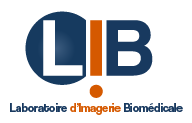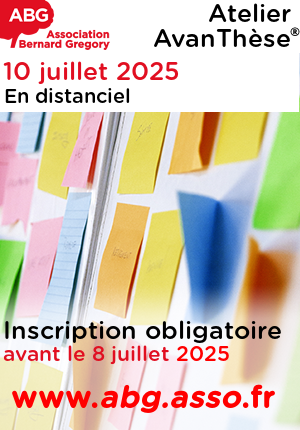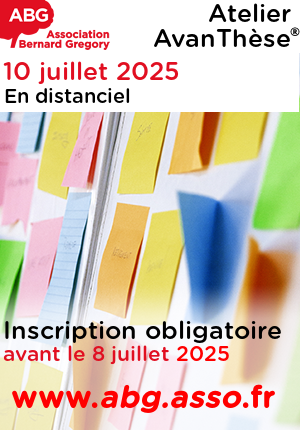Understanding Neural Mechanisms of Human Motor Learning by Using Explainable AI for Time Series and Brain-Computer Interfaces
| ABG-132492 | Thesis topic | |
| 2025-06-12 | Public/private mixed funding |

- Psychology, neurosciences
- Biotechnology
- Data science (storage, security, measurement, analysis)
Topic description
This PhD project will focus on uncovering mechanisms of human motor
adaptation by using advanced computational tools. By analyzing (and
potentially collecting new) EEG and MEG + behavioral data from multiple
datasets you will explore how the brain adapts movements to external
perturbations. There will also be an opportunity to test the newly
obtained understanding using a brain-computer interface (BCI) protocol.
The project will be co-supervised by Dr. Dmitrii Todorov and Dr.
Veronique Marchand-Pauvert, and will be carried out within an
international interdisciplinary team.
Full details can be found here:
https://sdrive.cnrs.fr/s/TPwgCpG6z8rPwBR
or here
https://sites.google.com/view/dtodorov-neuro/
Starting date
Funding category
Funding further details
Presentation of host institution and host laboratory
iomedical Imaging Laboratory concentrates experts in different modalities of biomedical imaging, including a large team on neuroimaging. It includes permanent researchers with ample experience in MEG/EEG data analysis, BCIs, signal processing, deep learning for brain imaging analysis, biomedical statistics, dynamical systems and research on motor control. The lab has two locations: one in the very center of Paris (10 min walking from the Notre Dame de Paris cathedral, the student will work mainly there) and one in Pitié-Salpetriére hospital in the rehabilitation department. LIB has ample collaborations with other neuroscience institutions in Paris, notably with Paris Brain Institute (ICM). The principal investigator has extensive experience on the topic of the project and thus the student will not start from zero but rather will be able to benefit from already accumulated knowledge and tools.
PhD title
Country where you obtained your PhD
Institution awarding doctoral degree
Graduate school
Candidate's profile
Qualifications expected: Master degree (or equivalent) in one of the following fields: Neuroscience, Biomedical Engineering, Computer Science, Applied Mathematics, Cognitive Psychology. Applicants with other master-level degrees from other disciplines may be also considered provided they have necessary skills (see below).
Required skills: curiosity and creativity, Python, machine learning, basic signal processing, basic understanding of ordinary differential equations (ODEs), good command of English, scientific rigor, personal time management. Minimal understanding of neuroscience is desirable but not strictly necessary (in this case the desire to get this understanding is necessary).
Preferred skills: deep learning, experience with EEG experiments and EEG data processing, understanding of human motor control (inc. practical, such as experience in kinesiotherapy / rehabilitation / occupational therapy / professional sports coaching / professional dance teaching ), explainable AI, computational / cognitive neuroscience, statistics, ability to use LLMs for research in a smart way. A decent level of French is required if the student will collect the data themselves (but is optional if they will only supervise the data collection performed by a master student).
Vous avez déjà un compte ?
Nouvel utilisateur ?
Get ABG’s monthly newsletters including news, job offers, grants & fellowships and a selection of relevant events…
Discover our members
 Tecknowmetrix
Tecknowmetrix  Nokia Bell Labs France
Nokia Bell Labs France  Aérocentre, Pôle d'excellence régional
Aérocentre, Pôle d'excellence régional  CESI
CESI  MabDesign
MabDesign  Ifremer
Ifremer  Laboratoire National de Métrologie et d'Essais - LNE
Laboratoire National de Métrologie et d'Essais - LNE  Institut Sup'biotech de Paris
Institut Sup'biotech de Paris  ONERA - The French Aerospace Lab
ONERA - The French Aerospace Lab  ADEME
ADEME  Groupe AFNOR - Association française de normalisation
Groupe AFNOR - Association française de normalisation  MabDesign
MabDesign  PhDOOC
PhDOOC  ASNR - Autorité de sûreté nucléaire et de radioprotection - Siège
ASNR - Autorité de sûreté nucléaire et de radioprotection - Siège  TotalEnergies
TotalEnergies  Généthon
Généthon  ANRT
ANRT  CASDEN
CASDEN  SUEZ
SUEZ







